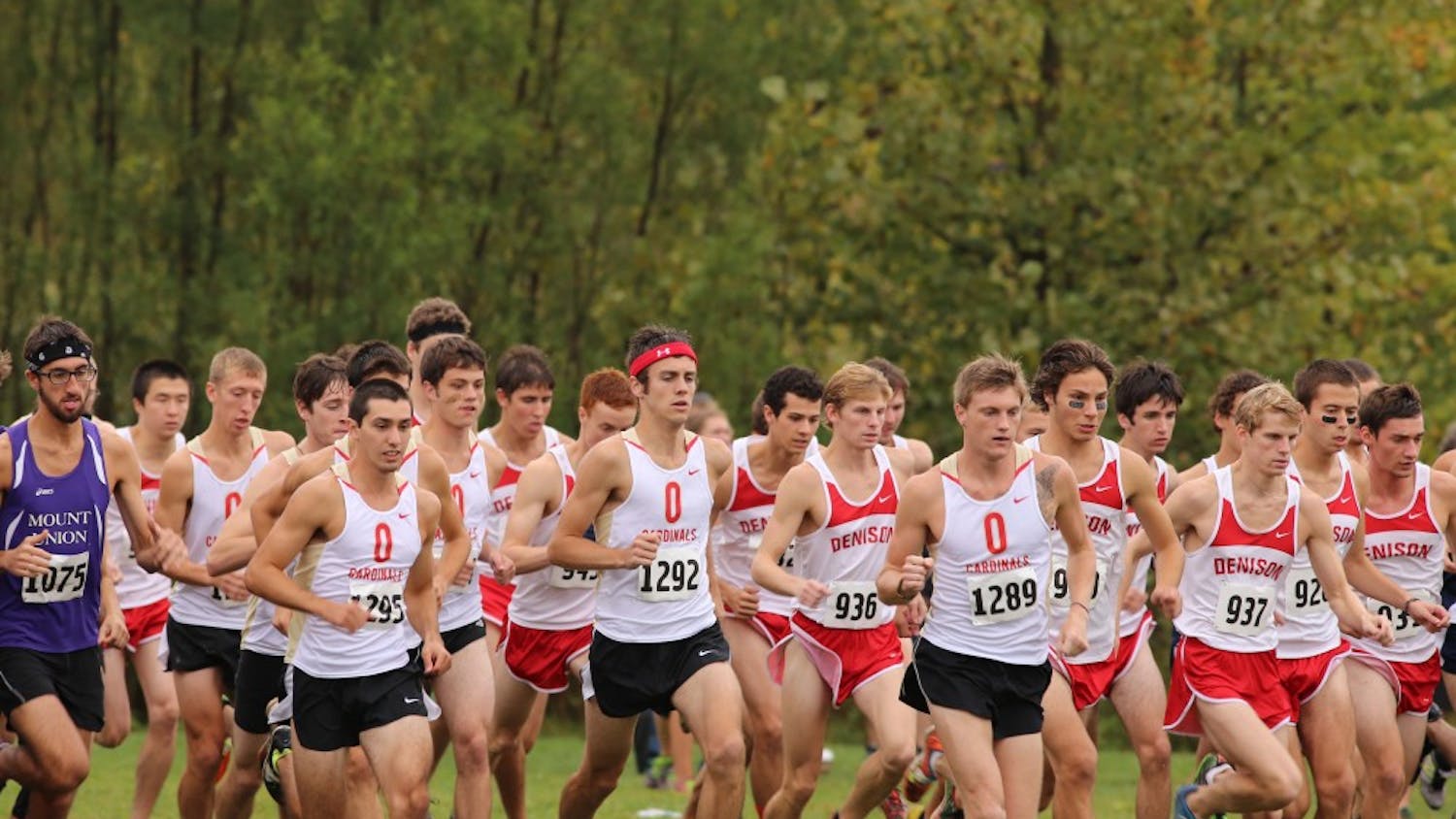When people think about sororities and fraternities, they often associate it with parties, perfectly curated Instagram profiles, philanthropy, inclusivity and life-long friendship. While these are all great components of Greek life, this image is not always an accurate representation of Otterbein's campus.
Traditionally, Greek life is known as an organization of students divided into sororities (women) and fraternities (men), with the goal of creating leadership, philanthropy, community service and strong friendships among like-minded students.
There are six local sororities, six local fraternities, two national fraternities and three National Pan-Hellenic Council (NPHC) chapters at Otterbein. According to Ashley Secord, the assistant director of programming at the Center for Student Involvement, Greek life at Otterbein is "one-of-a-kind" because 12 of the 15 chapters are local - meaning they exist only at Otterbein.
While Otterbein has many chapters for students to choose from, they lack racial diversity. Historically, Black students are one of the minority populations at Otterbein and have not been well represented in Greek life. In fact, Otterbein has the capacity to have its own Black national chapters on campus, but they have been unsuccessful in attracting enough participants to form one.
To fill that void, Secord encourages students to join The Divine Nine, which is a collaborative umbrella council composed of historically African American fraternities and sororities.
"It feels like these students need some sort of initial community" Secord said.
The Divine Nine was founded in the twentieth century when a small group of Black students, primarily from historically Black colleges and universities, banded together to build their own sororities and fraternities. Each of these groups were founded on different ideals, but they all had the same purpose in mind - to educate and uplift the Black community from racial inequity. Due to Greek life being highly restrictive and exclusive to certain genders or races, particularly Black students in the nineteenth century, The Divine Nine was formed to combat this issue.
Otterbein Alumna Tonia Dunson-Dillard said the only reason she joined an Otterbein sorority was because she went on a study abroad trip and met girls who were members. However, she did not complete the entire program because the chapter did not align with her personal values. Furthermore, she noted that becoming a member of the sorority did not make her feel represented as an African American student at Otterbein.
“Organizations can always claim that they are diverse, inclusive, and etc, but most of them are not. I guess ultimately I’d love to see more of an equal number of students in the organizations. Like if there’s 15 white people, it would be awesome to see 10 to 15 African American folks too,” Dillard said.
Dillard offers guidance to incoming African American students by encouraging them to find a Greek life organization that truly fits them and aligns with their values.
Although Greek life provides students with life changing experiences and connections that last a lifetime, there is still a barrier that needs to be addressed such as the representation of minorities. The more racial representation there is on campus, the more students can feel accepted, heard and included.







